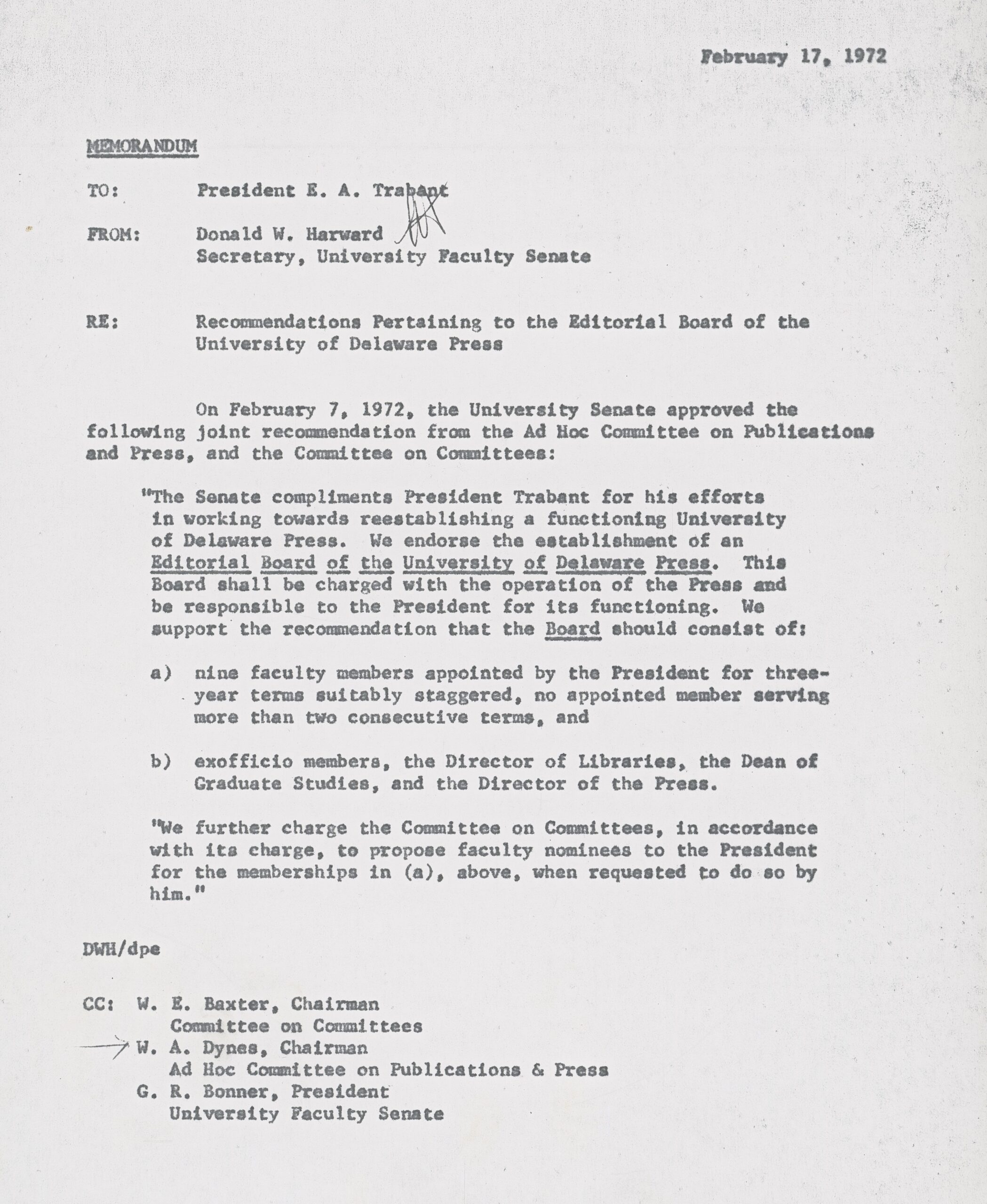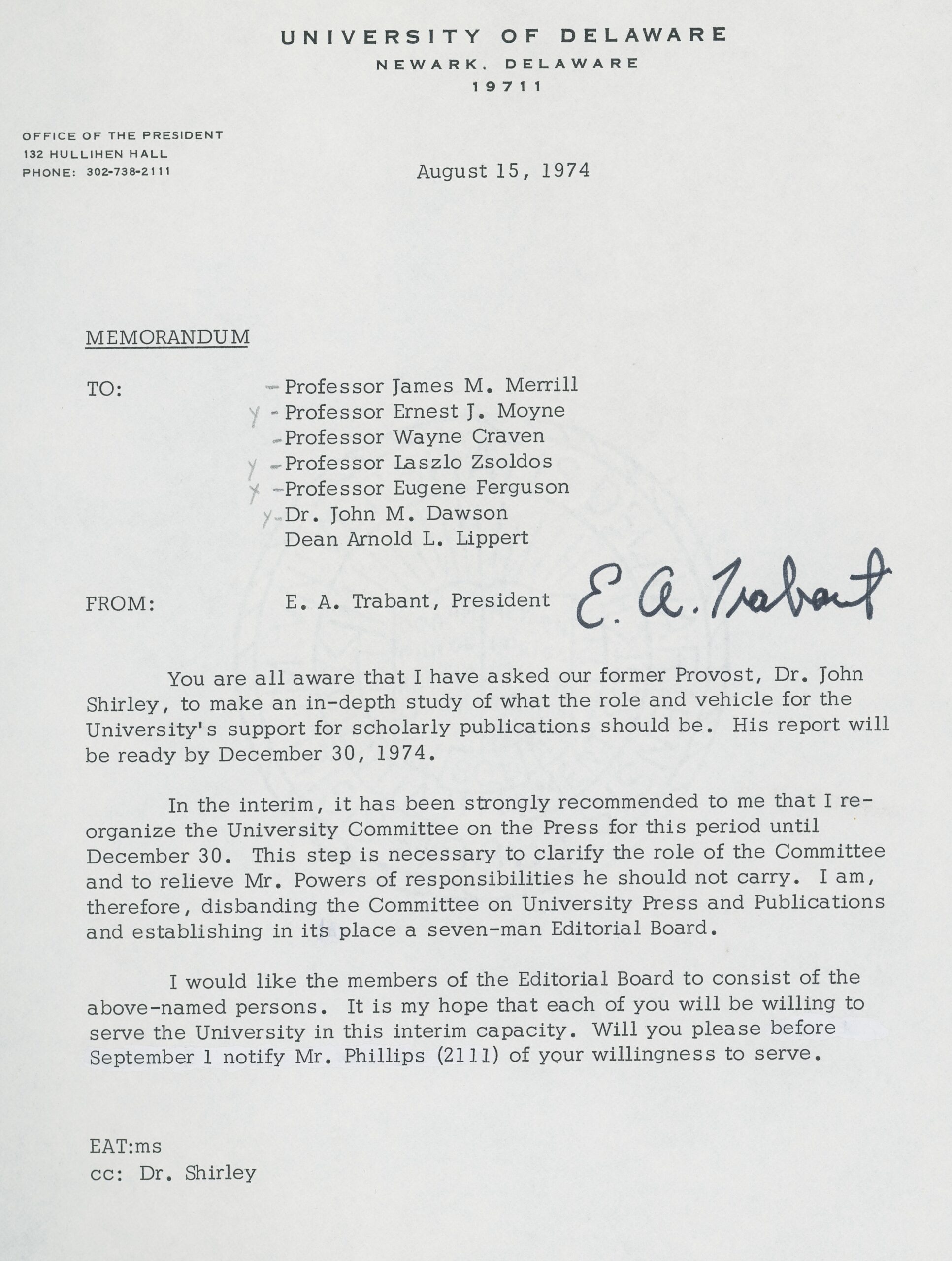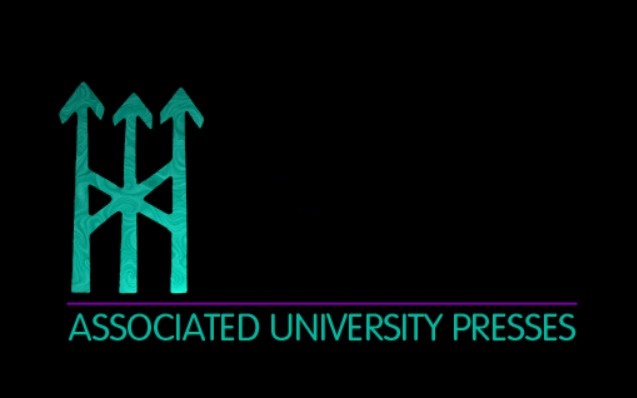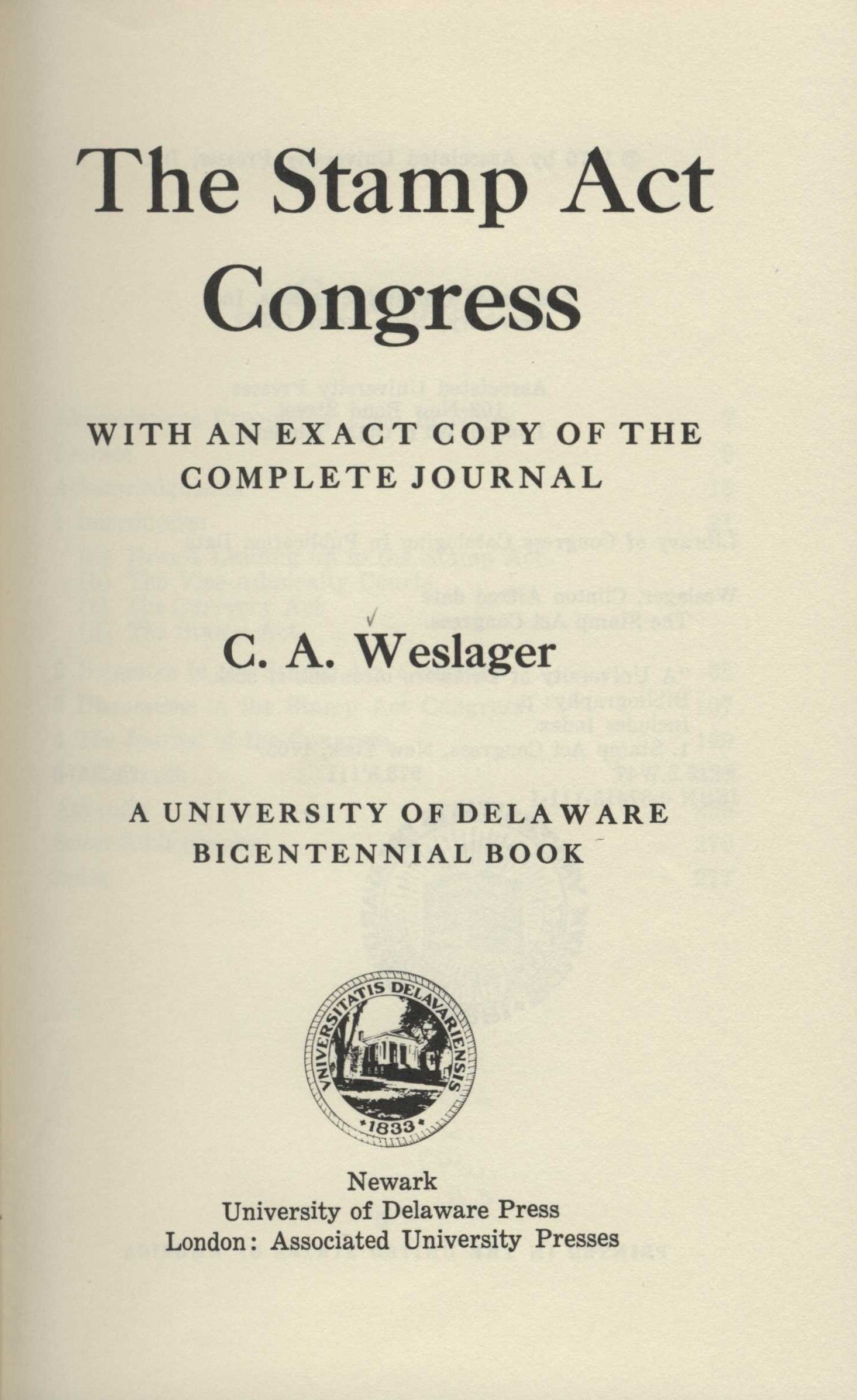Trabant’s interest in the press sparked a number of attempts to determine whether the University of Delaware Press operation should be expanded. The Faculty Publications Committee recommended hiring a professional, full-time director and establishing a permanent editorial board. Trabant, however, was concerned about the financial outlay the committee’s proposal required. He preferred to partner with another press to have them carry out production, distribution, and marketing, much as University Publishers had. The university made such an arrangement with Temple University Press and did not move forward with the committee’s proposal, but the faculty moved quickly to get a permanent editorial board in place.
Russell Powers, the Director of University Publications, who managed all materials published for the university, was appointed Director of the University of Delaware Press, but he had to split these jobs and work with the chair of the editorial board to run the press operation and liaise with Temple. The board argued that the university president should appoint that chair, instead of them being elected by the board, especially because Temple did not provide the expected editorial services, so Delaware needed to run its own editorial workflow. Provost John Shirley was charged with figuring out how to proceed. He immediately found that Powers did not want to be press director. He had an ad hoc committee make recommendations for the press, and one of them was to appoint History Professor James Merrill as director. Trabant dissolved the editorial board that had been an outgrowth of the faculty, and appointed a new permanent board, with Merrill as the chair.
Shirley also proposed different options for the future of the press: establishing a traditional, independent press with full-time staff; acting as a subsidiary of a commercial press; maintaining a contract with another university press, or dissolving the press and subsidizing individual books by university faculty published by other presses. The faculty supported partnering with a commercial or university press, so Shirley and Merrill worked to identify options. In mid-1975, they selected Associated University Presses.
The first book published under the arrangement with Associated University Presses was C.A. Weslager’s Stamp Act Congress. The press would operate via this arrangement for thirty-five years. That period was marked by great success, as the press published as many as thirty titles per year, and established itself as a leading publisher in fields such as eighteenth-century studies, Shakespeare studies, and art history.





